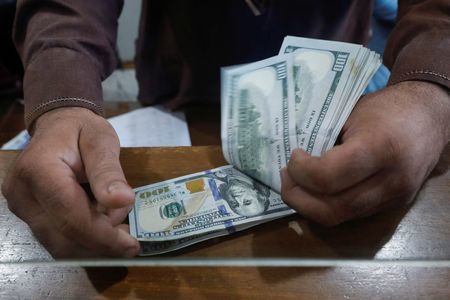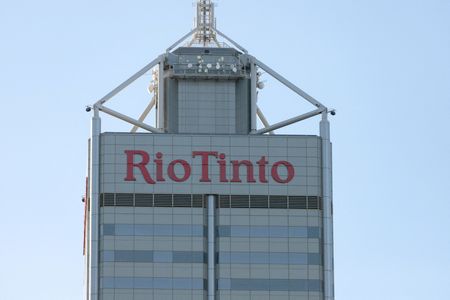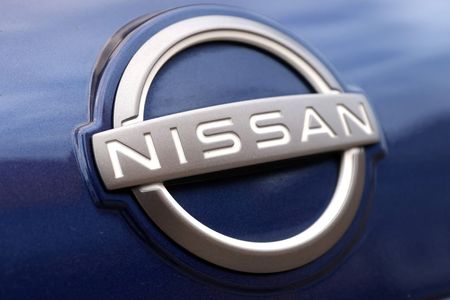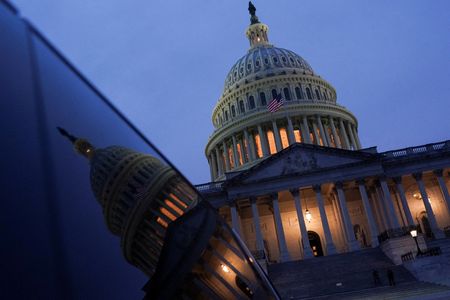By Giuseppe Fonte and Elisa Anzolin
ROME (Reuters) – Italy plans to apply an extra levy on Chinese fast fashion products to help shield its fashion industry from low-cost foreign imports, government sources told Reuters on Wednesday.
The move is aimed at avoiding unfair competition in the market for what is one of Italy’s key industries, the people said, adding Rome would likely impose the charge on online retailers Temu and Shein, among others.
The two companies did not immediately respond to requests for comment, made outside business hours.
“We will present a measure to tackle the ultra fast fashion phenomenon: an invasion of low-cost foreign products that damage our producers and put consumers at risk,” Industry Minister Adolfo Urso said in a statement at the end of a meeting with fashion industry representatives in Rome.
CONCERNS OVER IMPORTS BEING DIVERTED FROM U.S.
There is growing alarm in European capitals that China is progressively diverting goods at lower prices to EU markets as a way of making up for its lost U.S. trade, following the tariff policies adopted by President Donald Trump.
“We are victims of the rogues of globalisation,” Economy Minister Giancarlo Giorgetti said on Tuesday, referring to China.
Rome plans to intervene by adopting a scheme envisaged in a European Union directive on the so-called Extended Producer Responsibility (EPR), the sources said.
The charge will force manufacturers to cover the costs of collecting, sorting and recycling their products once they become waste.
Amazon Haul, which uses the same model as Shein and Temu of shipping clothes, accessories and electronics straight from Chinese factories to shoppers, also launched in Italy last week.
There are 22.8 million users of the Shein app in Italy, according to Shein’s latest report on average monthly user numbers in the EU, covering February to July this year.
ITALIAN BRANDS NEED TO CLEAN UP SUPPLY CHAIN
After Wednesday’s meeting, Urso also underlined that measures were being introduced to help ensure that workers’ rights were not abused in the supply chain in Italy after a series of high-profile cases involving leading brands.
“We are very pleased with the speed at which Minister Urso and his team are working, responding to the needs of our industry and, above all, defending ‘Made in Italy’,” said Luca Sburlati, head of the Confindustria Moda industry lobby.
Italian prosecutors have alleged that luxury shoemaker Tod’s failed to adequately oversee its suppliers in order to pursue higher profits. The company – which is not under investigation – said that it complies with the law.
Five other luxury brands have already been put under judicial administration for similar reasons in Italy since the start of last year.
(Additional reporting by Helen Reid; Editing by Keith Weir and Frances Kerry)










